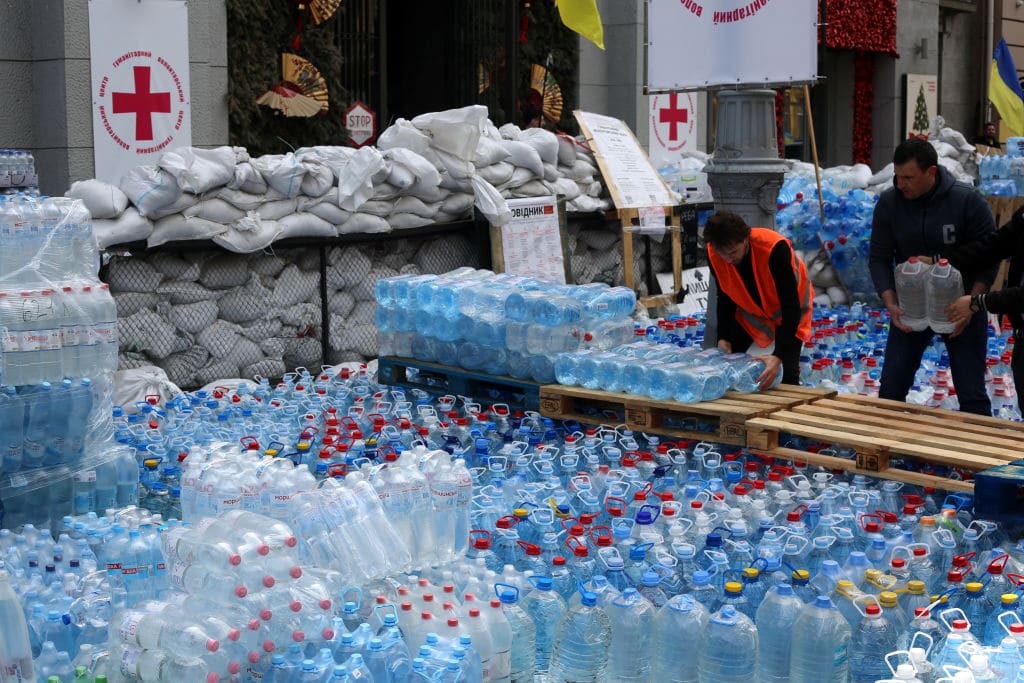This post was originally published on Eco Watch
According to a new report from the nonprofit Pacific Institute, violent conflicts over water increased sharply in 2023. The report found there were nearly 350 water-related conflicts globally last year, a record high.
The latest update to Pacific Institute’s Water Conflict Chronology has revealed a huge increase in the number of water-related conflicts in 2023 compared to just 2022, with around a 150% rise. In 2022, there were 231 recorded conflicts over water, compared to the 347 recorded for 2023.
In comparing to recent decades, the contrast is even more stark. In 2000, there were just 22 water-related conflicts worldwide, Pacific Institute reported.
“The significant upswing in violence over water resources reflects continuing disputes over control and access to scarce water resources, the importance of water for modern society, growing pressures on water due to population growth and extreme climate change, and ongoing attacks on water systems where war and violence are widespread, especially in the Middle East and Ukraine,” Peter Gleick, senior fellow and co-founder of the Pacific Institute, said in a statement.
The organization records conflicts based on news reports, first-person accounts and databases. According to the data for 2023, water conflicts were most prominent in the Middle East, Southern Asia and sub-Saharan Africa. All three regions experienced increases in three different categories of conflict recorded: trigger, casualty and weapon.
Half of the conflicts were on water and water infrastructure, while 39% of new conflicts were over access or control of water, Pacific Institute reported.
Most conflicts, around 62%, were maintained within one country, while 38% of conflict events involved multiple countries, the report found.
In around 11% of conflicts, water was used as a weapon of war. Some of these instances include an attack by Russia on Odessa, Ukraine that cut off water access to people in the city and a forced shutdown of the last desalination plant in Gaza after Israel cut off access to fuel supplies, Yale Environment 360 reported. Additional instances of recorded conflicts are detailed in the report fact sheet.
“The large increase in these events signals that too little is being done to ensure equitable access to safe and sufficient water and highlights the devastation that war and violence wreak on civilian populations and essential water infrastructure,” Morgan Shimabuku, senior researcher with the Pacific Institute, said in a statement. “The newly updated data and analysis exposes the increasing risk that climate change adds to already fragile political situations by making access to clean water less reliable in areas of conflict around the world.”
The institute is encouraging countries to work toward more resilient water policies that provide access to clean, safe water for everyone while also addressing threats of climate change, such as droughts and flooding.
“Solutions are available, but to date they have been insufficiently applied,” Gleick warned.
The post Global Water-Related Conflicts Reached a Record High in 2023, Report Finds appeared first on EcoWatch.





0 Comments